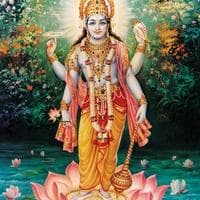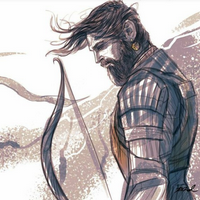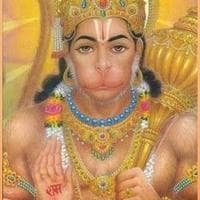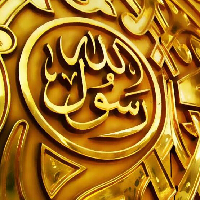Lord Rama typ osobowości MBTI
Osobowość
"Jaki typ osobowości jest {profilename}? {profilename} jest typem osobowości {mbti} w mbti, {enneagram} - {iv} - {tritype} w enneagram, {big5} w Big 5, {sociionics} in Socionics."
Pardon me, but I don't get the ISFJ votes? His Ni dom is prevalent throughout Ramayana. When he met Hanuman, he knew there and then that the vaanara soldier was destined to become something larger than life. He knew he had to leave his kingdom and go to vanvaasa not only out of dharma but because he had a higher purpose in the future. When Hanuman and his vaanara sena went in search for Devi Sita, he was calm and patient because he had his utmost faith in Hanuman. He is dutiful with a side of mysticism and idealism to him. And I also believe he was self-aware that he was someone larger than life, but unlike Sri Krishna, he did not outwardly show it himself.
Biografia
Rama (/ˈrɑːmə/; Sanskrit: राम, romanized: rāma [ˈraːmɐ]), Ram, Raman or Ramar,[also known as Ramachandra (/ˌrɑːməˈtʃændrə/; IAST: Rāmacandra, Sanskrit: रामचन्द्र), is a major deity in Hinduism. He is the seventh and one of the most popular avatars of Vishnu. In Rama-centric traditions of Hinduism, he is considered the Supreme Being. Rama is said to have been born to Kaushalya and Dasharatha in Ayodhya, the ruler of the Kingdom of Kosala. His siblings included Lakshmana, Bharata, and Shatrughna. He married Sita. Though born in a royal family, their life is described in the Hindu texts as one challenged by unexpected changes such as an exile into impoverished and difficult circumstances, ethical questions and moral dilemmas. Rama is especially important to Vaishnavism. He is the central figure of the ancient Hindu epic Ramayana, a text historically popular in the South Asian and Southeast Asian cultures. Rama legends are also found in the texts of Jainism and Buddhism















